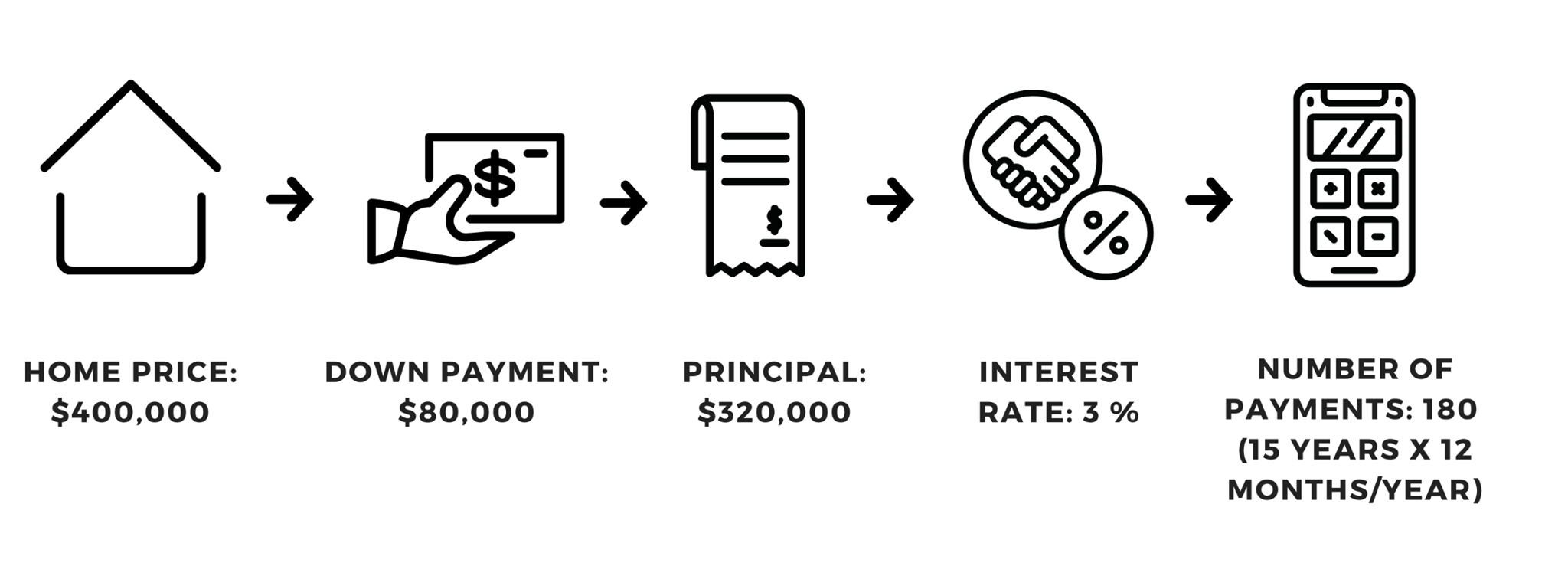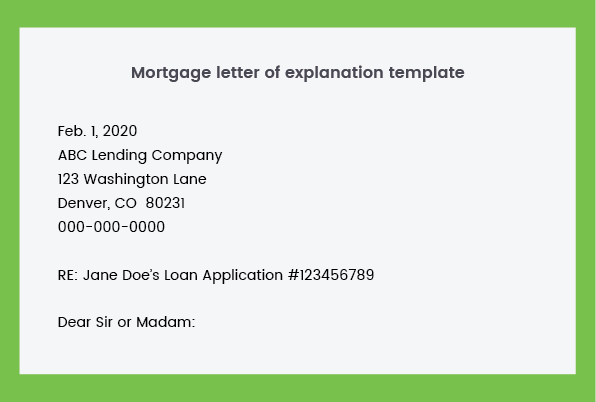Table of Content
During a HELOC’s draw period, you can borrow against it and are only obliged to make a minimum monthly payment, which can be interest-only, if you prefer. If you’re considering a home equity loan, your lender will determine how much equity exists in your home, and then determine how much they will lend against it. At various times in life for a variety of reasons, people might find they are in need of some cash.

The bank will present that amount to you in a lump sum, which you must then repay at a fixed rate over a period ranging from 5 to 30 years. Cash-out refinancing means you are borrowing money against the equity in your home and the home will be used as collateral. If the loan is not paid back in on-time monthly payments, the lender can put a lien on the property and foreclose.
Similarities Between Cash-Out Refinances And Home Equity Loans
Refinance loans usually require a homeowner to maintain a certain percentage of equity. If the hypothetical homeowner mentioned above, whose house is valued at $600,000, wants a conventional refinance loan, they may have to retain 20% equity in the home. VA loans may allow a homeowner to borrow 100% of the home’s value. Some loan programs allow you to access some of your home’s equity. If you owe more on your loan than the value of your home, you could find yourself in a difficult financial position if property values fall. A no cash-out refinance is the process of refinancing your home for less than or the same amount that you owe on your mortgage, plus closing costs on the new mortgage.
On the other hand, a home equity loan is a separate loan from your mortgage and adds a second payment. Both these loans use your home as collateral, which means you can get lower interest rates for cash-out refinances and home equity loans than other types of loans. This makes home-equity loans a riskier bet for lenders, and it’s why they usually have stricter requirements than other mortgage loans.
Cash-Out Refinance vs. Home Equity Loan: What’s the Difference?
On the other hand, if you use your HELOC strategically and consistently make payments over time, you can expect to see a boost in your credit score. A cash-out refinance is when a homeowner refinances their mortgage to a new mortgage and in the process borrows more money than what is needed to pay off the current mortgage. The first mortgage is paid off and the homeowner gets a lump-sum payout of the extra cash amount at closing. A refinance involves taking out a new loan to pay off an existing one.

Please review the applicable privacy and security policies and terms and conditions for the website you are visiting. Discover Bank does not guarantee the accuracy of any financial tools that may be available on the website or their applicability to your circumstances. For personal advice regarding your financial situation, please consult with a financial advisor. Both cash-out refinances and home equity loans can be great options for tapping into the equity in your home. The best option for you will depend on your individual circumstances and overall market conditions.
See What You Qualify For
Consolidating or eliminating your debt will help improve your overall credit while home improvements can help increase your home’s value. You could also use the lump sum to fund higher education as cash-out refinancing may offer lower interest rates than private education loans. Two of the most popular options for obtaining a more desirable interest rate and payment terms are cash-out refinances and home equity loans.

We continually strive to provide consumers with the expert advice and tools needed to succeed throughout life’s financial journey. Bankrate follows a strict editorial policy, so you can trust that we’re putting your interests first. Founded in 1976, Bankrate has a long track record of helping people make smart financial choices. We’ve maintained this reputation for over four decades by demystifying the financial decision-making process and giving people confidence in which actions to take next.
Depending on the interest rate you qualify for, the length of the loan you choose, and the amount you take out, your payment could be higher or lower than your current mortgage. Home equity line of credit is usually taken out in addition to your existing first mortgage. It is considered a second mortgage and will have its own term and repayment schedule separate from your first mortgage. Unlike a cash-out refinance, a home equity loan doesn’t replace the mortgage you currently have. For this reason, home equity loans tend to have higher interest rates than first mortgages. Rocket Mortgage® is now offering The Home Equity Loan, which is available for primary and secondary homes.

If you would benefit from a new mortgage because of terms or a lower interest rate, then a cash-out refi may be the better choice. Home equity loans offer a greater variety of term lengths, ranging from 5 years to 30 years. Companies displayed may pay us to be Authorized or when you click a link, call a number or fill a form on our site. Our content is intended to be used for general information purposes only. It is very important to do your own analysis before making any investment based on your own personal circumstances and consult with your own investment, financial, tax and legal advisers. Dealing with tax deductions on cash-out refinancing loans can get a bit complicated, so it's a good idea to work with a tax professional to ensure you deduct the correct amount.
However, you shouldn't see your house as a good source of short-term capital. Most banks won’t let you cash out more than 70% of the home’s current market value, and the costs of refinancing can be significant. Cash-out refinancing is a very low-interest way to borrow the money you need for home improvements, tuition, debt consolidation or other expenses. If you have big expenses that you need to borrow money for, a cash-out refinance can be a great way to cover those expenses while paying little in interest. Most lenders and loan types require borrowers to leave some equity in the home.

HELOCs operate on adjustable interest rates, and the repayment period is about years. This is beneficial because your monthly payments will be predictable. Home equity loans require you to repay in fixed monthly payments that consist of principal and interest. Repayment term lengths are flexible, ranging from five to 30 years, depending on the lender. Both types of loans have limits on how much a homeowner can borrow.
While you might pay a higher interest rate, some home equity loan lenders may waive all or part of the closing costs. Home equity loans allow you to tap into the equity you have in your home. You can use the money to pay for home repairs or renovations, college tuition, medical bills, or any other expenses.


No comments:
Post a Comment